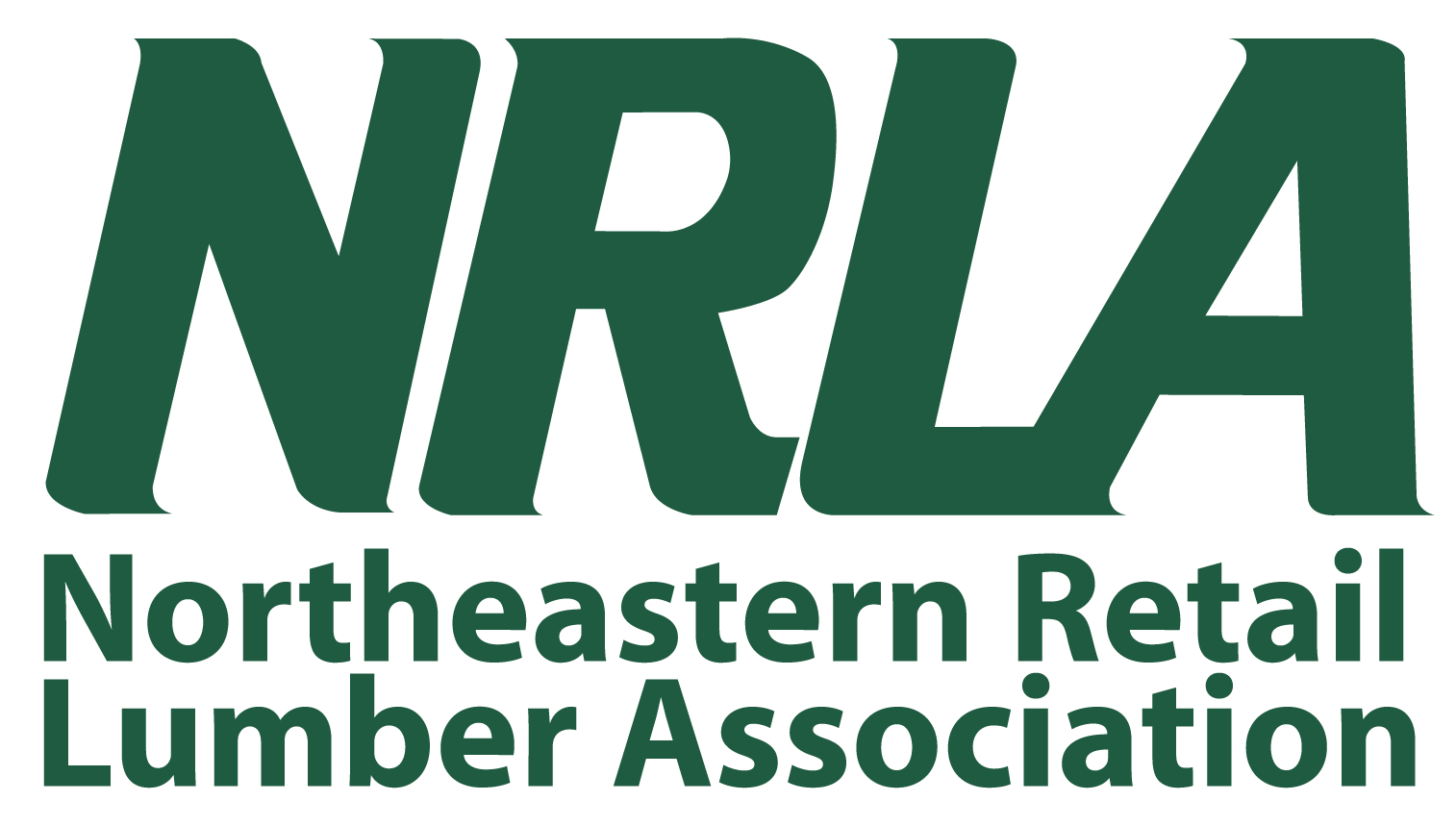The General Assembly will begin its three-month, short regular legislative session on February 7, 2024. Governor Lamont will deliver his annual State of the State address to lawmakers and present adjustments to the state budget adopted last June, including a capital program, which lawmakers will consider along with other bills and policies. Next fall, elections will be held in all state legislative districts.
State agencies have formulated proposed budgets and legislation that will be considered by the Office of Policy and Management (OPM) for presentation by the Governor to the General Assembly beginning next month. As part of the Governor’s proposed budget adjustments, a bond authorization bill implementing the capital improvement program and infrastructure projects will also be introduced and considered by the legislature. The Governor has said he wants to make affordable workforce housing a priority.
Earlier this week, the Governor released the January 2024 consensus revenue forecast issued jointly by OPM and the legislature’s Office of Fiscal Analysis, which shows a modest gain of about $60 million in revenue to the state. “Connecticut remains on solid financial footing particularly when you look at other states, several of which are facing deficits,” the Governor said in an accompanying statement. “We continue to carefully monitor higher-than-anticipated expenditures and the expiration of federal COVID relief funding. Any midterm budget adjustments I present will protect both that tax reduction and the recent increase in the Earned Income Tax Credit.”
This is a brief report concerning some legislation and public policy the Lumber Dealers Association of Connecticut is participating in, monitoring, or might anticipate during the 2024 legislative session.
Vehicle emissions standards
The legislature is expected to consider the policy related to the Department of Energy and Environmental Protection’s Proposed Emissions Standards for Cars and Trucks. The regulations, which were announced in July to target cleaner vehicle emissions and require manufacturers to deliver 100% electric vehicles by 2035, were withdrawn by the Governor in November. The regulations were opposed by a number of residents and organizations, including LDAC, which is a member of a coalition of organizations opposed to the regulations. The Governor and legislative leadership are considering a special session to adopt an implementation strategy similar to two states that have approved California’s standards with a commitment to assess progress toward establishing the necessary infrastructure prior to 2035. If no action is taken, Connecticut will revert to federal EPA standards that aim to have most new cars and some new heavy-duty trucks sold in the U.S. be electric by 2032. LDAC plans to monitor the policy closely and, if necessary, weigh in.
Affordable housing
Governor Lamont, according to CT Mirror, supports policies that encourage but don’t force municipalities to implement zoning reforms that would allow developers to build more affordable housing. Connecticut lacks sufficient housing that is affordable and available to low-income renters. Housing experts say that is due to restrictive local zoning ordinances that make it difficult to build apartments throughout much of the state. The Governor said recently he wants to see more towns build more housing and develop businesses near train stations, but he stopped short of calling for mandated changes to local zoning policies. Last session, the administration proposed legislation that would have required certain towns to adopt zoning regulations that encourage development near transit stations or in downtowns. In 2024, additional funding for workforce housing to make it more affordable for employees may be considered. Bills are periodically introduced to repeal the affordable housing land use appeals procedure, but those are not expected to move forward at this time.
Unemployment trust fund
Governor Ned Lamont and Labor Commissioner Danté Bartolomeo in November announced that the State of Connecticut has repaid the $1.2 billion trust fund loan that was used to cover nearly $11 billion in pandemic unemployment payments. The pandemic debt retirement ensures that Connecticut employers will avoid an increase in the federal unemployment taxes they pay beginning Jan. 1, 2024. However, significant changes to the unemployment compensation system adopted in 2021 and 2022 would reduce state unemployment taxes starting this month on many businesses. Also in November, the Connecticut Department of Labor proposed regulations to implement changes adopted by the legislature that are mostly administrative and technical in nature. The Department received no comments on the regulations during the comment period; the Attorney General approved the regulations; and DOL submitted them to the legislature’s Regulation Review Committee for its approval. DOL has also created a homepage, Getting to Unemployment Trust Fund Solvency, featuring summaries of the UI tax and benefits changes effective Jan. 1, 2024, and examples of contribution rate calculations beginning this current calendar year. CBIA featured the changes in the article, State Unemployment Reforms Take Effect Jan. 1.
Minimum wage
On Jan. 1, 2024, Connecticut’s minimum wage increased from $15.00 per hour to $15.69 per hour as a result of the state’s first-ever economic indicator adjustment, as Governor Lamont announced in September. The newly enacted adjustment is required under Public Act 19-4, which implemented five incremental increases in the minimum wage between 2019 and 2023, followed by future adjustments that are tied to the percentage change in the federal employment cost index.


